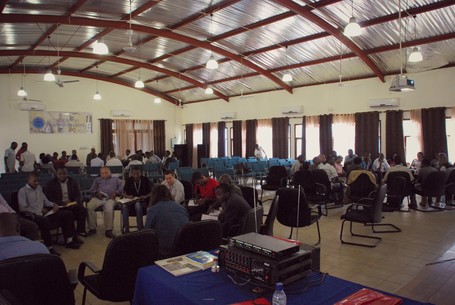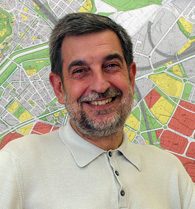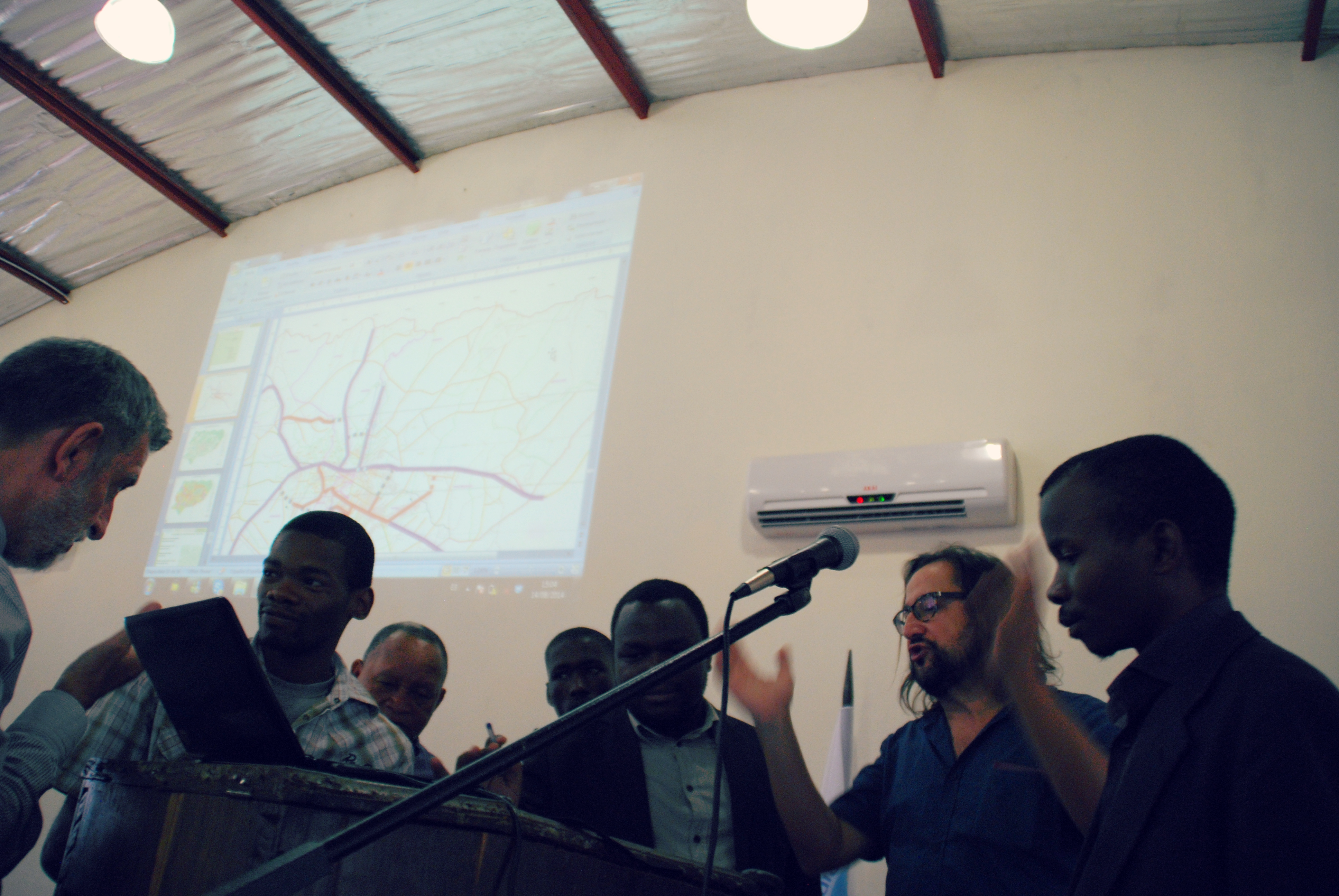

By Josep Maria Llop, Director Cátedra UNESCO - Intermediary Cities UdL ( University of Lleida )
The international seminar on "Urban policies in cities of Mozambique" was held in the University Lúrio FAPF (Faculty of Architecture and planning) in Nampula, Mozambique, from 11 to 14 August, 2014. Around 80 municipal technicians, local governments and academia representatives, gathered on this occasion, in the framework of the project of Decentralized Cooperation Brazil - Mozambique, to discuss tools to optimize the management and urban planning of cities in Mozambique.
The seminar allowed the comparison and combination of experience and knowledge of both professionals and academics, increasing the value of interpretation of reference tools to meet the needs of urban management, based on the reality of different cities of the country. The topics were aligned, according to the project of cooperation Brazil-Mozambique in the following blocks: Cadastre, Management and Participation; Urban Structure (Planning); Urban management; Urban growth in Mozambique and a final workshop on the city of Nampula.
The cities of Nacala and Nampula were widely discussed during the seminar, emphasizing the process of accelerated growth that derives from the development of the "Northern Development Corridor" (CRC): which connects Zambia and Malawi as well as the mines of coal to the port of Nacala. These cities have large residential neighbourhoods, with deficient urban services and lack plans that link them to the rest of the city. In this sense, the three instruments of planning and management, which are the project focus, served as the basis for the work of improvement of urban management in this context.
The seminar succeeded in debating these instruments to support management and urban policies: highlighting their value based on the challenges to improve the quality of life of urban populations, spreading knowledge mobilized by the project with more players.

In addition to municipal institutions, the very active participation in the debates of the students of architecture and planning was notable, actors of the urban improvement of cities around the country in the upcoming years. The seminar confirmed that, in order to improve local governments, it is essential to train professionals and include universities in the definition and design of planning instruments.
The value of the empirical work between cities was once more evidenced, able to contribute with knowledge and experience to a reform process in a context of rapid urban growth. In the words of a technician of the city of Nampula: "We don't have all that you have to succeed as a municipality, but for me, the first exercise is the change in attitude as a citizen and believe that we can change..." (lesson from exchange experiences Nampula - Guarulhos) Sergio Sabao, Nampula municipality
For more information visit the project Blog.










